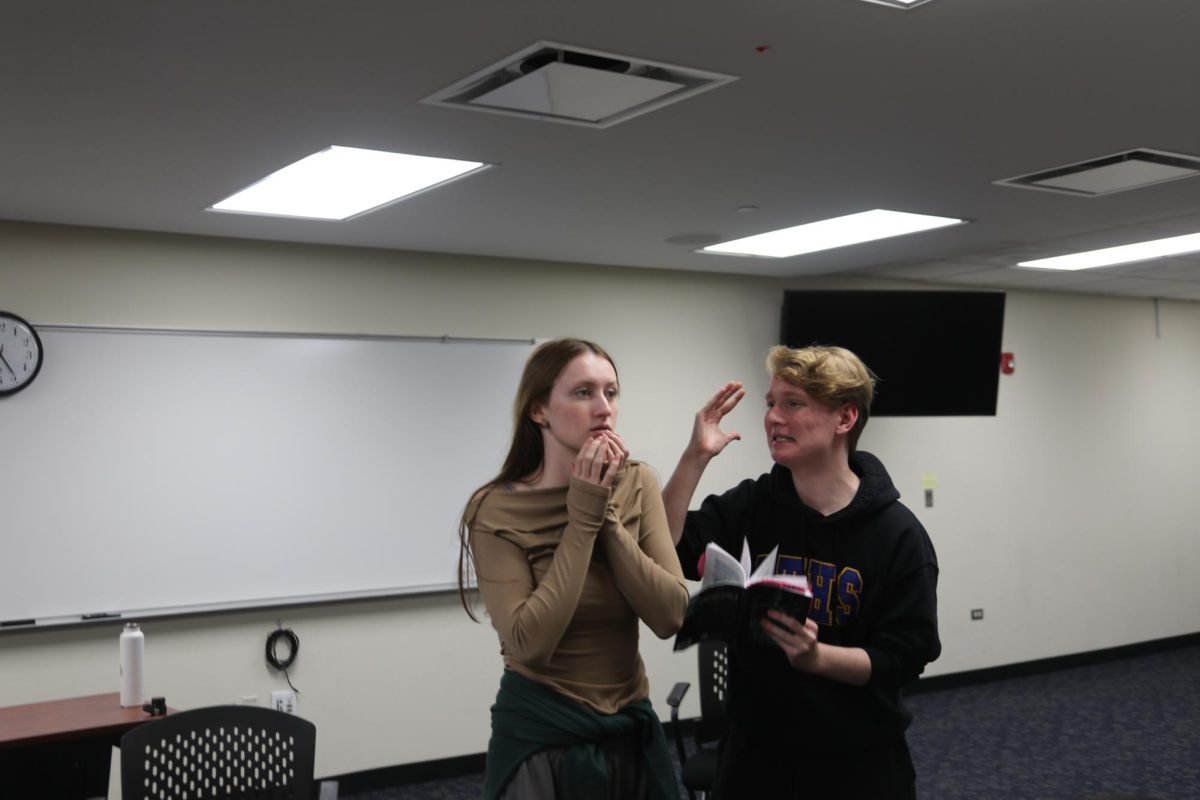Several years ago, LT’s Production Director Kirsten Manthei attended Illinois’s annual Theaterfest, which showcases state-wide productions by students and theater teachers, including the drama “Radium Girls.” After seeing the compelling true story come to life on the Theaterfest stage, Manthei immediately became interested in directing the show as one of LT Theater’s annual productions.
A number of years later, Manthei, after waiting for the right group of students to embody the production’s complex characters, has finally set the date of Nov. 1 as opening night for LT Theater’s “Radium Girls.”
“[The play is] compelling, dark, moving, and powerful,” Manthei said. “The play focuses on the true story of the women who worked in the watch dial factories around the time of WWI. They used [radioactive] radium paint to color the dials in order for the soldiers to see their watches in the dark. However, the girls who worked in these factories died horrible, painful deaths.”
Beginning in the 1910s, around 3,000 young women and girls started an occupation as dial painters for the U.S. Radium Corporation factories in Orange, N.J.,, and Ottawa, Ill. As many women would soon discover, the technique to “tip the brushes on their lips” to paint the dials with a fine point led them to ingest mass amounts of radium that brought on ill health effects. The production follows dial painter Grace Fryer along with other girls at the Orange, N.J., factory and advances through a seven-year period detailing the lawsuit against the Radium Corporation.
“‘Radium Girls’ deals with topics such as worker’s rights, big business, women’s rights, and even relationships and loyalty,” Manthei said. “It is as relevant today as it was 100 years ago – because, unfortunately, these are still challenges that we are facing now.”
Atomic number 88 on the periodic table was found to cause anemia, cataracts, fractured teeth, cancer, and, in most cases, death from ingestion. Sadly, the U.S. Radium Corporation denied responsibility for the women’s symptoms of radium poisoning and attributed their illness to other medical causes. The Radium Girls case would later lead to the strict instatement of workplace safety rules still present in today’s labor laws.
“The key takeaway from the production is educating others on the reality of the lack of child labor and working laws that existed in the past,” actress Mia Wojcik ’26 said. “‘Radium Girls’ gives a visual picture of the poor working conditions and lifestyles in the 1920s compared to those of the present day. The Radium Girls case remains as one that transformed employee protection in the workplace that could have taken another decade to earn if not for the women that filed the lawsuit against the corporation.”
One hundred years later, LT Theater’s cast of 21 students will take to the stage from Nov. 1 to Nov. 3 in the NC Reber Center to perform the 30 roles in the 26 scenes of the school’s first production of “Radium Girls.” The play will run for two hours and costs $5 for senior citizens and students, $10 for general admission, or free for those who carry an LT student ID.
“‘Radium Girls’ is historical and timeless that humanizes us as a society and tells a story about people,” auditorium technical director Laura Moore said. “This production examines why we study courses such as history or chemistry in hopes of learning from our past, which affects how we move forward together into the future.”

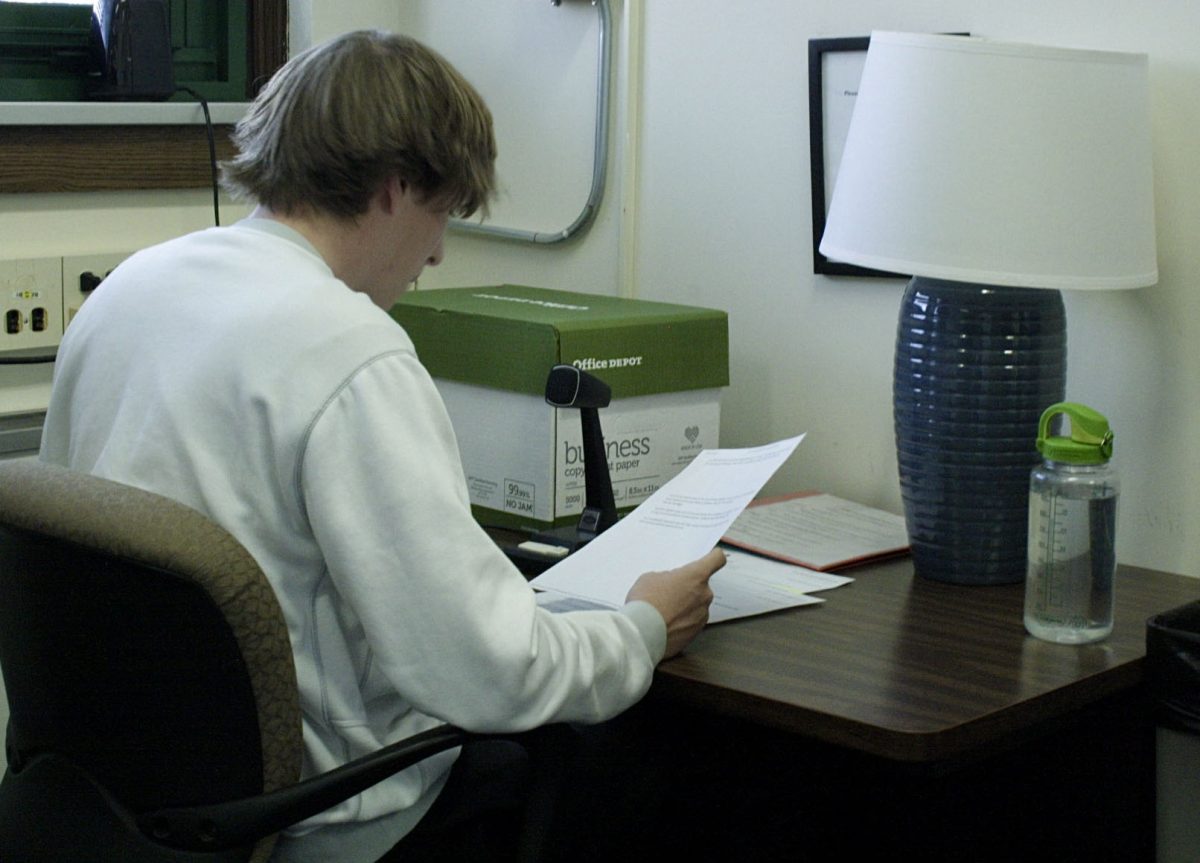
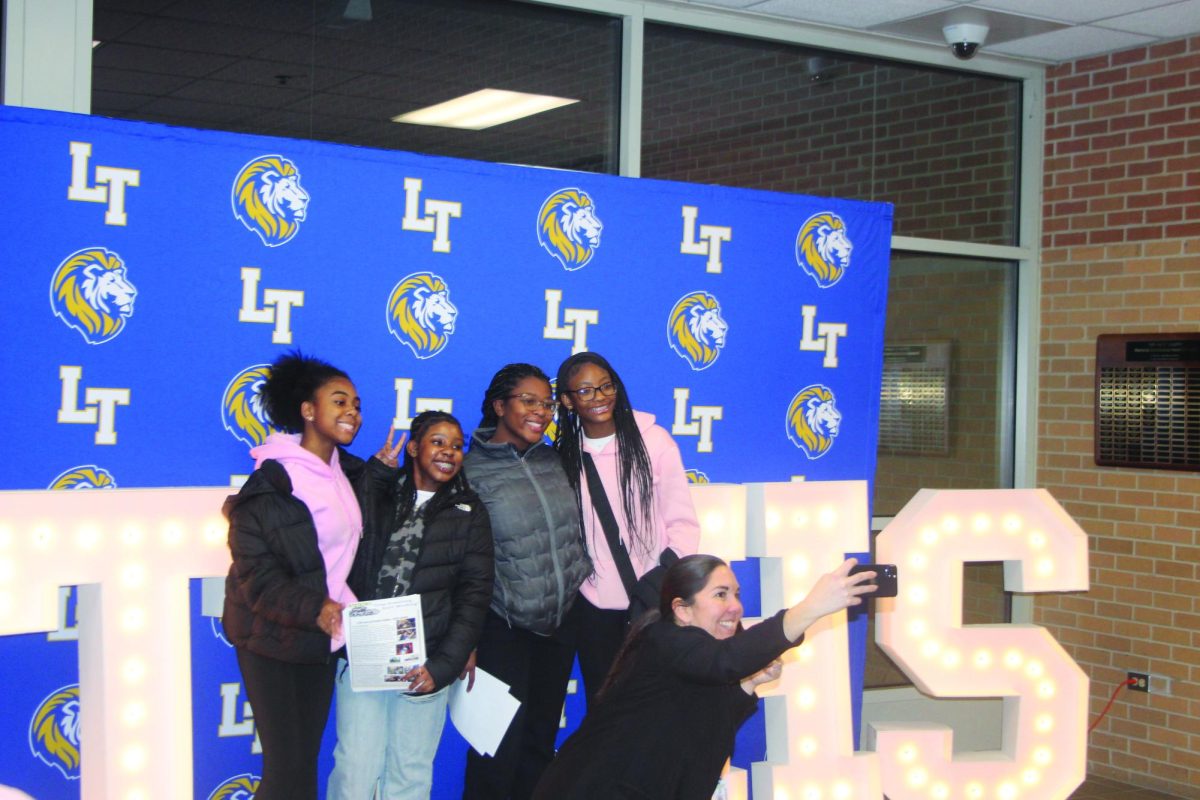


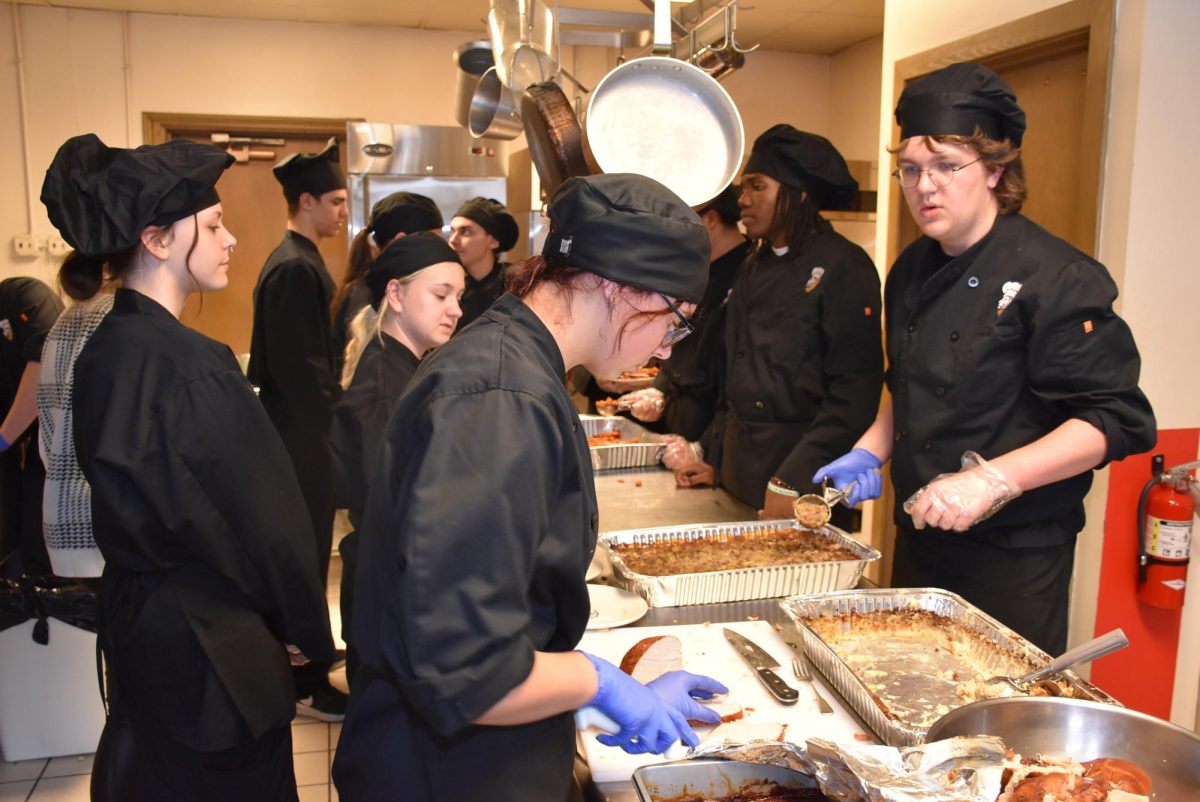
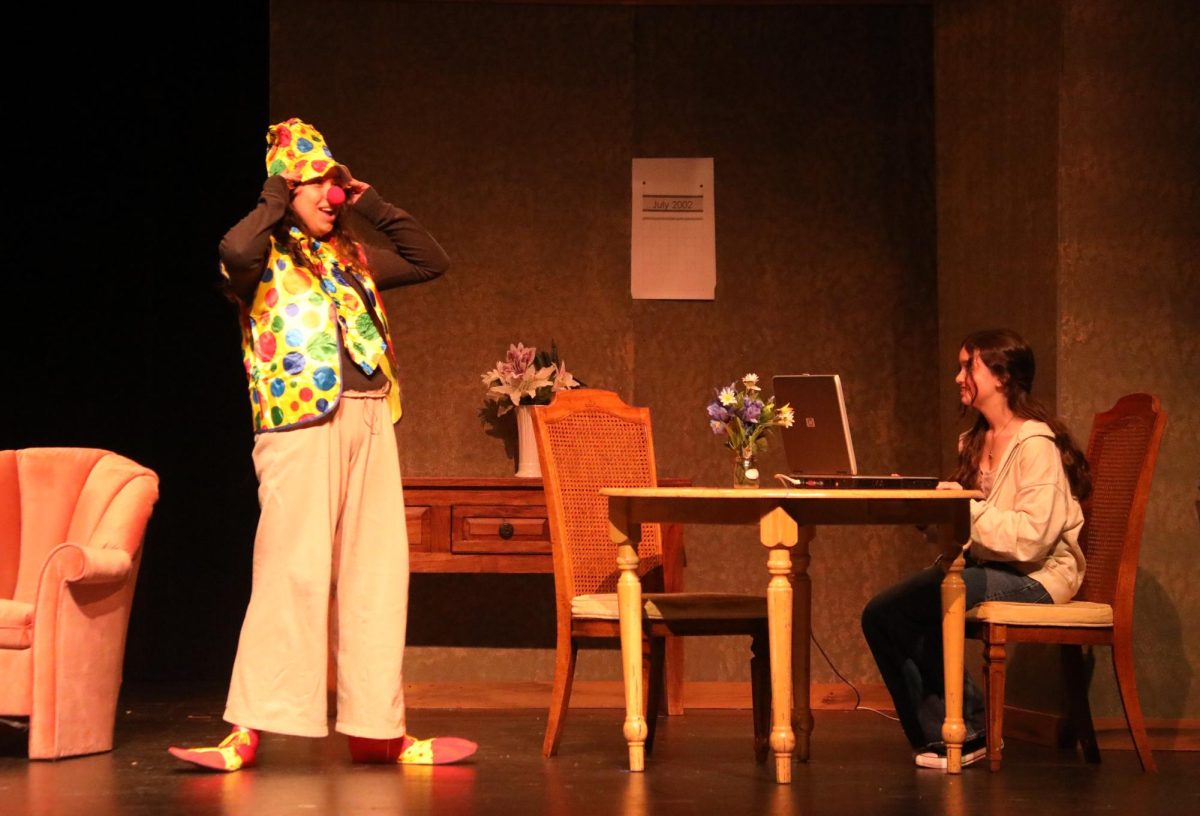








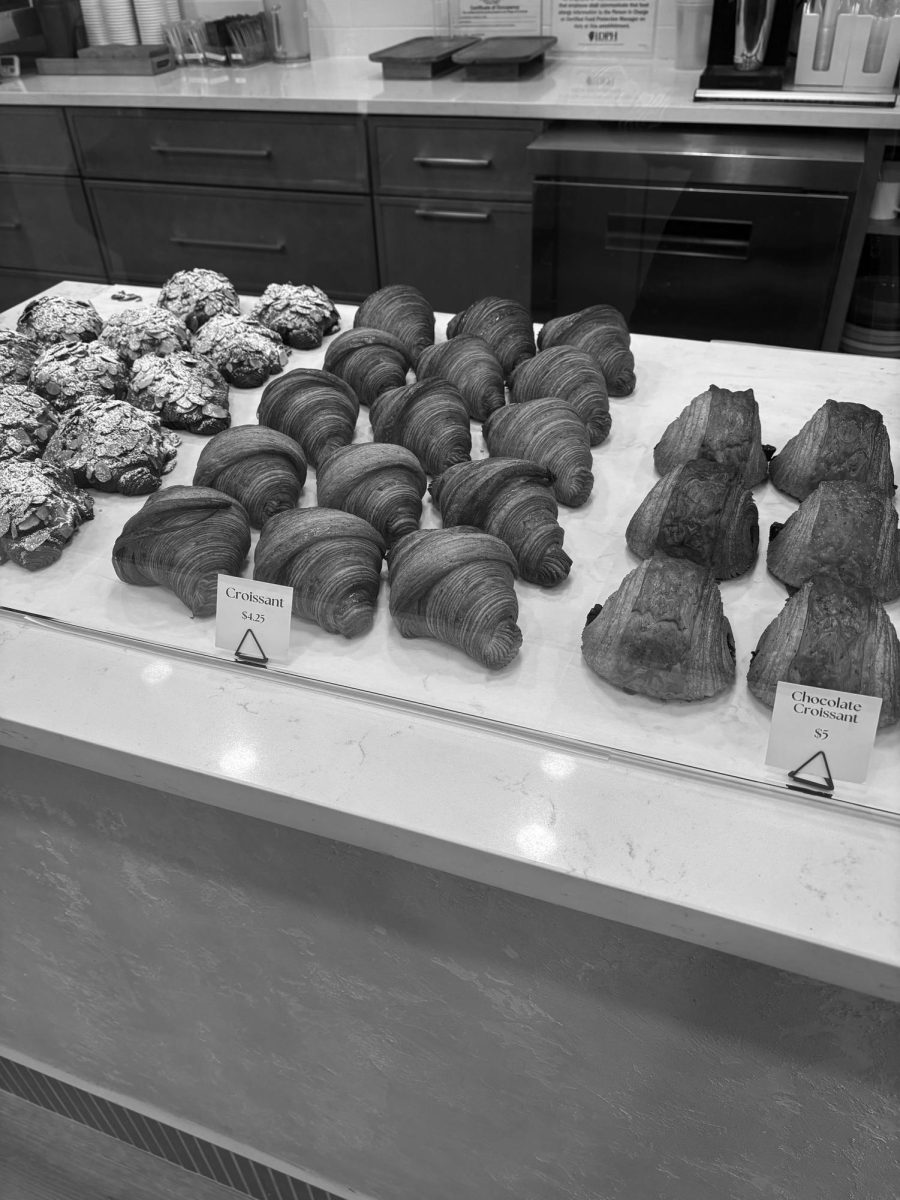







![Movie poster for '[Rec]" (2007).](https://www.lionnewspaper.com/wp-content/uploads/2023/04/rec-640x900.jpg)

